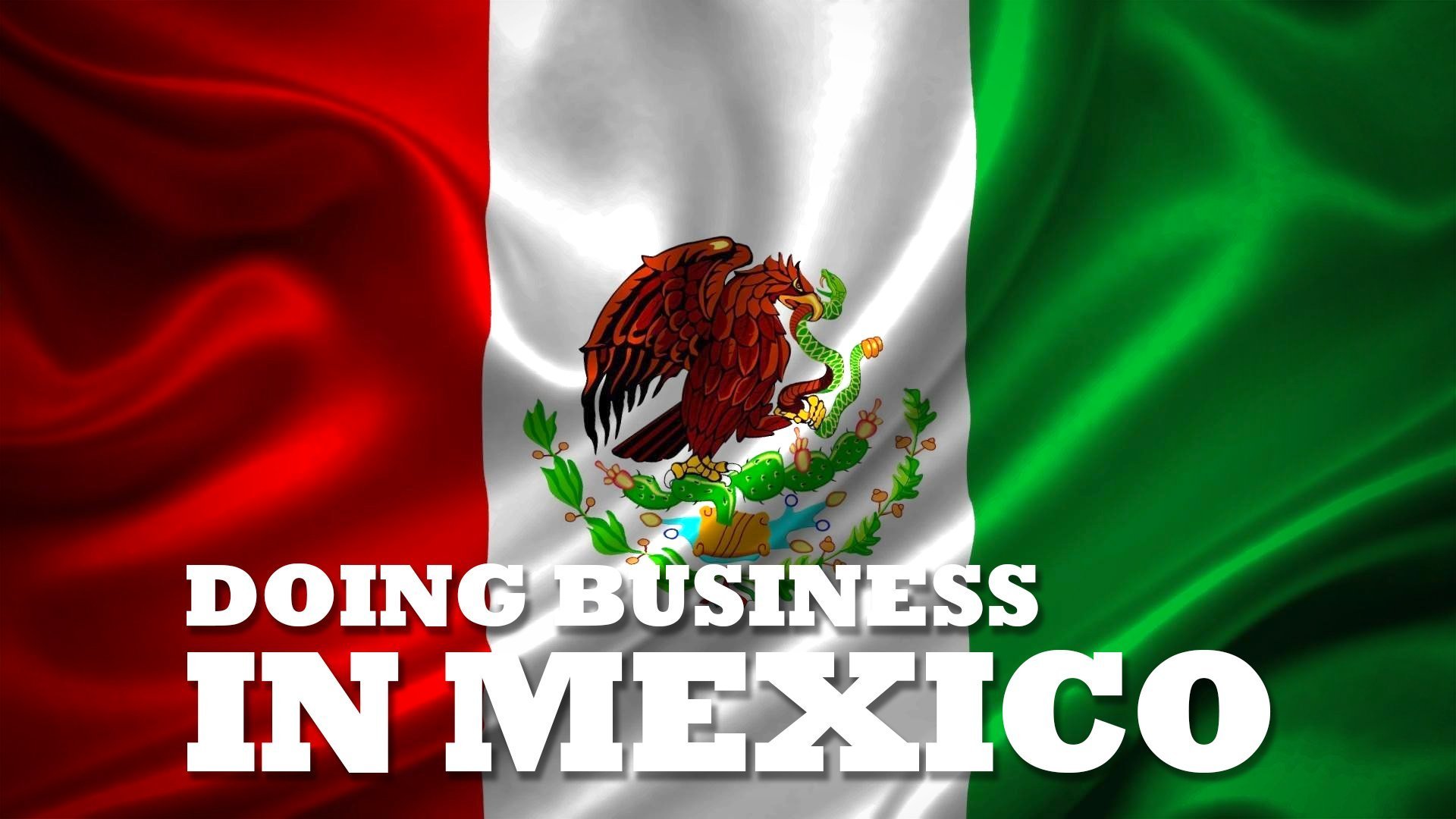How to Open a Business in Mexico
After the Panama Papers, and because it became impossible to deal with banks in Panama, I moved Premier to Tijuana, Mexico in 2017. While the move was challenging, both from a quality of life and a business perspective, things are now running smoothly.
Costs are down significantly compared in Panama, the availability of English speaking and well-educated workers is much better here, and our proximity to the United States and the ability to take meetings in Los Angeles and San Diego has improved sales. Our bottom line has grown significantly since the move and it was well worth the learning curve.
- For my thoughts on banking in Panama, see Panama is getting out of the offshore banking business
There are two groups that set up shop in Mexico. First, those who will open a physical office with employees in Mexico. Second, those that need a Mexican company and virtual office because they’re selling into Mexico.
The second group is mostly US and Chinese companies selling through Amazon and other online platforms in Mexico. All of these websites now require a Mexican tax ID or RFC & SAT. To get these numbers you will need a Mexican corporation, a physical address (virtual office), and a local representative (local director / legal representative of the company).
The first group covers a very wide range of clients. For example, entrepreneurs such as myself who moved to Mexico for lower costs and a better quality of life (to be on the fun side of the wall). Then there are the manufacturers or maquiladoras that move to Mexico for the trade benefits available when importing into the United States. Also, we get calls from all manner of business, such as tourism agencies, restaurants, clubs, service businesses, etc.
So, without any more ado, here is how to set up a company or other business structure in Mexico.
Opening a business is quite different in Mexico than it is in the United States. For instance, you rely entirely on a Notario to get the process started. A Notario in Mexico is not comparable to a Notary in the United States. The main difference being the importance and the power that a Notario held in Mexico. You will need to know this and other crucial details of you want to open a Corporation in Mexico.
Opening a business in Mexico can be a complicated task. Even though in recent years Mexican Legislation has fastened the process, there is still a lot that needs to be done. Your company needs to have a stable planned structure before any of the governmental permits are requested.
To register a business before the corresponding instances in Mexico it is necessary to carry out 7 or 8 procedures in different government institutions, which will take an approximate period of 8 days. The cost of making this record is 17.8% of the per capita income in Mexico, around 8,200 pesos.
In Mexico, as in many countries in Latin America, you will need the intervention of a Public Notary or Notario. The Notario is in charge of creating the Acta Constitutiva or Constitutive Act.
Basically, through this notarial act, the name and business of the new commercial entity is established, and at the same time, the business model is defined. There are a number of different business models in Mexico.
The six types of companies or mercantile organizations in Mexico, to be analyzed are: Sociedad en nombre colectivo, Sociedad en Comandita Simple (S. en C.), Sociedad en Comandita por Acciones (S. en C. por A.), Sociedad de Limited Liability (S. de RL), Sociedad Anónima (SA), and Sociedad Cooperativa (SC). We will give a detailed description of each one in a different article.
The steps you need to follow to open a business in Mexico are as follows:
- Present a Request to the Ministry of Economicos (SE). The first step in creating a corporation is to submit a request to the Ministry of Economics where five possible corporate names in order of preference for the company. This is done to ensure that there is no company already established in the country or abroad with the same corporate name.
- Creation of the Acta Constitutiva (Constitutive Act). Once the Ministry of Economics gives the approval or delivers the proposals of available company names, the Constitutive Act must be drafted. This document is the one that gives life and which stipulates all the general and basic aspects of the company: company name, objective, type of company, administration, and control thereof, duration, etc. Once the company is created, the Constitutive Certificate must be notarized before a Notario.
- Registering the Business Address. You must register the address of your business. This can either be in the place where you are doing business and not just a registered agent for service of process. This address can be a full office or a virtual office.
- Register before the Tax Administration Service (SAT). When the Constitutive Act is completely created and certified, the next step is a registration with the Tax Administration Service. The Tax Administration service is the equivalent of the IRS in the United States. From this register, the Tax Identification Number is obtained, which contains the Federal Taxpayer Identification Number (RFC).
- Register before the Public Registry of Property and Commerce. The next step is to appear before the Public Registry of Property and Commerce where the company and the location where the business will operate will be registered, as well as its purposes, objectives and commercial goals. For this process, the presentation of the Constitutive Act, the RFC, and the power of attorney that allows the legal representative to carry out the procedures of the company will be required. The power of attorney is also given by the Notario.
- Register before the Mexican Institute of Social Security (IMSS). When all of the above has been completed, the next step is to register before the Mexican Institute of Social Security. Even if it is a company in which only the employer exists as the only worker, it will be necessary for him to make his personal contributions to his Social Security accounts. Also, if you do not complete this process in time, you may be given a fine by the IMSS.
- Only Applicable to Businesses that are Open to the Public. This step only applies to businesses that are going to be open to the public like a restaurant or a retail store, if you are opening an office, a call center, or a manufacturing business then you don’t have to worry about this step. Before you open your business to the public you are going to have to notify the government in order to obtain a municipal business license. At this step, you must also secure any other type of license that you might need in order to start operating. For example, if you are opening a business that is going to be making hazardous materials like chemicals you are going to have to apply for a number of distinct licenses. The same goes if you are opening a restaurant.
- Registering Employees. You must register all of your employees with the IMSS (Mexican Social Security Institute) and with INFONAVIT (Mexican Housing Fund). This is required by law. You must show in their paycheck the amount of money that is going to these two funds along with the local state taxes.
- Foreign Investment Registry if Applicable. This step only applies if one of the owners is a foreigner who does not have a permanent resident status. If this is the case then you must also register the business with the Registro Nacional de Inversión Extranjera. The government office that keeps track of all foreign investment coming into Mexico. This can be done by the Mexican national who you gave power of attorney to.
- Registration before any other applicable governmental institutions. Depending on the commercial activity that your corporation will be participating in, it may be required to register before different organisms, the most common being: Ministry of Health, Secretariat of Ecology and Environment, Mexican Institute of Intellectual Property, etc.
It is highly advisable that when opening a corporation in Mexico you hire a group of experts. The process might seem long, but we can help you cut through the red tape and get up and running in the most efficient manner possible.












Leave a Reply
Want to join the discussion?Feel free to contribute!